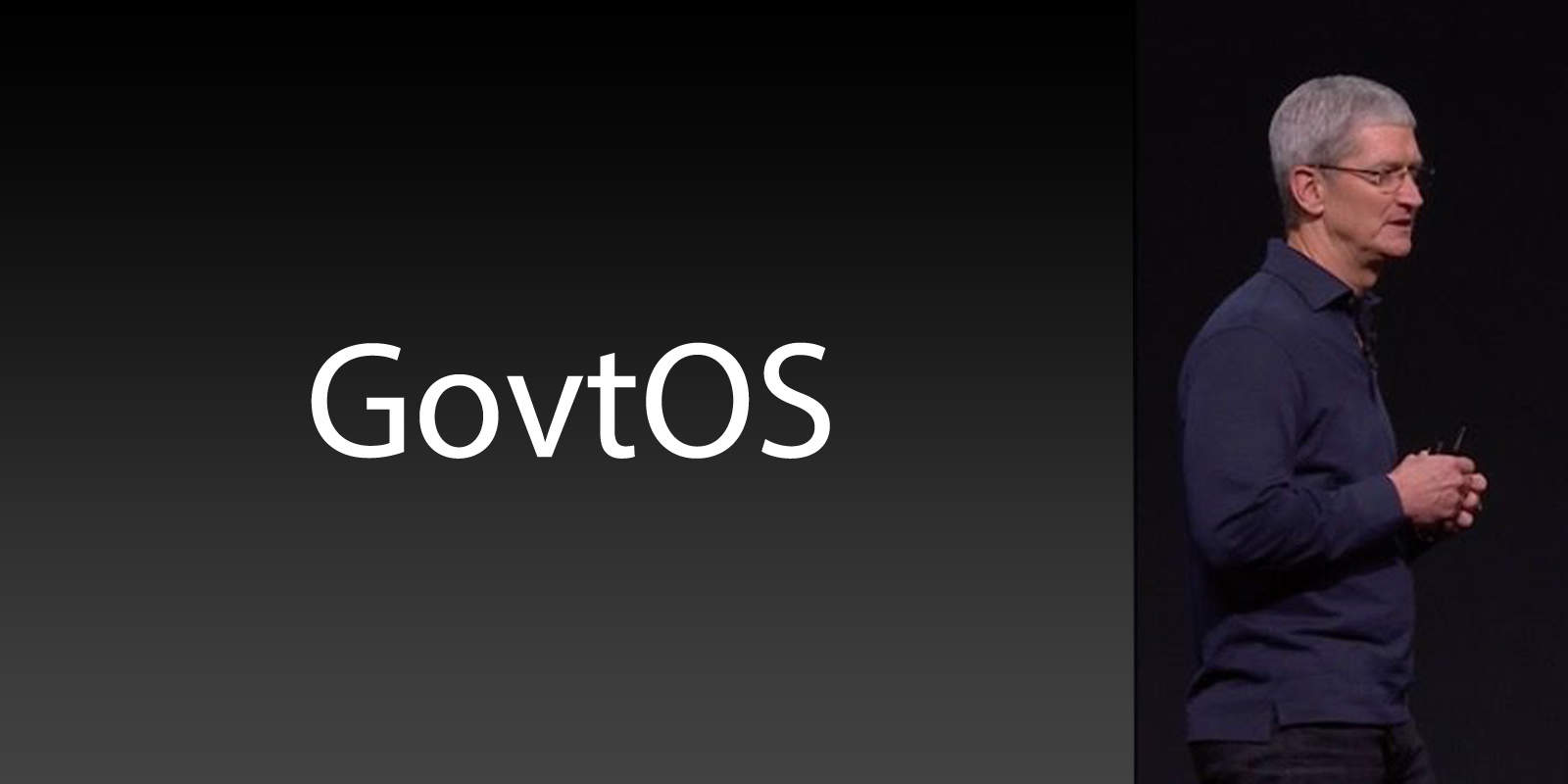Apple has officially asked a judge to dismiss a court order requiring the company to unlock a terrorist’s iPhone at the FBI’s request.
We knew the legal filing was coming, but now we have the actual defenses Apple is using to defend its refusal to create what it calls a “GovtOS” that would let officials potentially bypass the security measures of millions of iPhones. The 65-page document released today details Apple’s history of assistance in the case — and the reasons it believes the original order is both bothersome and possibly illegal.
Apple’s refusal to comply with the court order, and CEO Tim Cook’s staunch pro-privacy stance on the matter, have sparked vigorous debate in the tech and political spheres this month. Privacy and consumer-rights advocates maintain that forcing Apple to meet the FBI’s demands would mean nobody’s devices would ever be safe from the prying eyes of governments and hackers. Meanwhile, the FBI and various law-enforcement officials contend that Apple should do everything it can to thwart the actions of terrorists and other criminals.
Here’s the reason behind Apple’s controversial stance on the issue, as outlined by Apple’s legal team in today’s filing:
“The government says: ‘Just this once’ and ‘Just this phone.’ But the government knows those statements are not true; indeed the government has filed multiple other applications for similar orders, some of which are pending in other courts.
“And as news of this Court’s order broke last week, state and local officials publicly declared their intent to use the proposed operating system to open hundreds of other seized devices — in cases having nothing to do with terrorism.
“If this order is permitted to stand, it will only be a matter of days before some other prosecutor, in some other important case, before some other judge, seeks a similar order using this case as precedent. Once the floodgates open, they cannot be closed, and the device security that Apple has worked so tirelessly to achieve will be unwound without so much as a congressional vote.”
The FBI wants to access data on San Bernardino shooter Syed Farook’s iPhone, which it believes might hold intelligence relevant to both that and other terror attacks. But the device’s built-in security systems require a passcode and may clear all data after 10 failed attempts. Investigators have asked Apple to a) create a new operating system that will disable this deletion, b) let the FBI enter codes using computers to attempt to brute-force the password, and c) prevent the phone from forcing delays before attempting new entries.
Cupertino’s lawyers think that creating such an operating system will compromise every iPhone currently available and establish a legal precedent that will compel Apple — and other tech companies — to keep sacrificing the security they intentionally build into their devices to prevent these kinds of breaches.
Cook appeared on ABC News last night to make the case to the public, and he described the “GovtOS” as ”
the software equivalent of cancer.”
Recent polls suggest the public is divided on whether Apple should cooperate with the investigation, but Cook doesn’t let that change his or the corporation’s position.
“This is not about polls,” he told ABC. “This is about the future.”
Today’s filing says the court order violates Apple’s First and Fourth Amendment protections, which cover freedom of speech — in this case, Apple’s right to refuse and its agency in what kind of software it creates — and citizens’ right to due process. The latter has to do with what the company feels is the government’s increasingly broad application of the All Writs Act, a law dating back to 1789 that basically says courts can issue things. But the company argues that the government is abusing this power to make unreasonable requests.
The two sides will appear in front of Congress next week to make their cases. Apple will do so with some heavy backup in long-time competitors Microsoft and Google.
Via: TechCrunch


